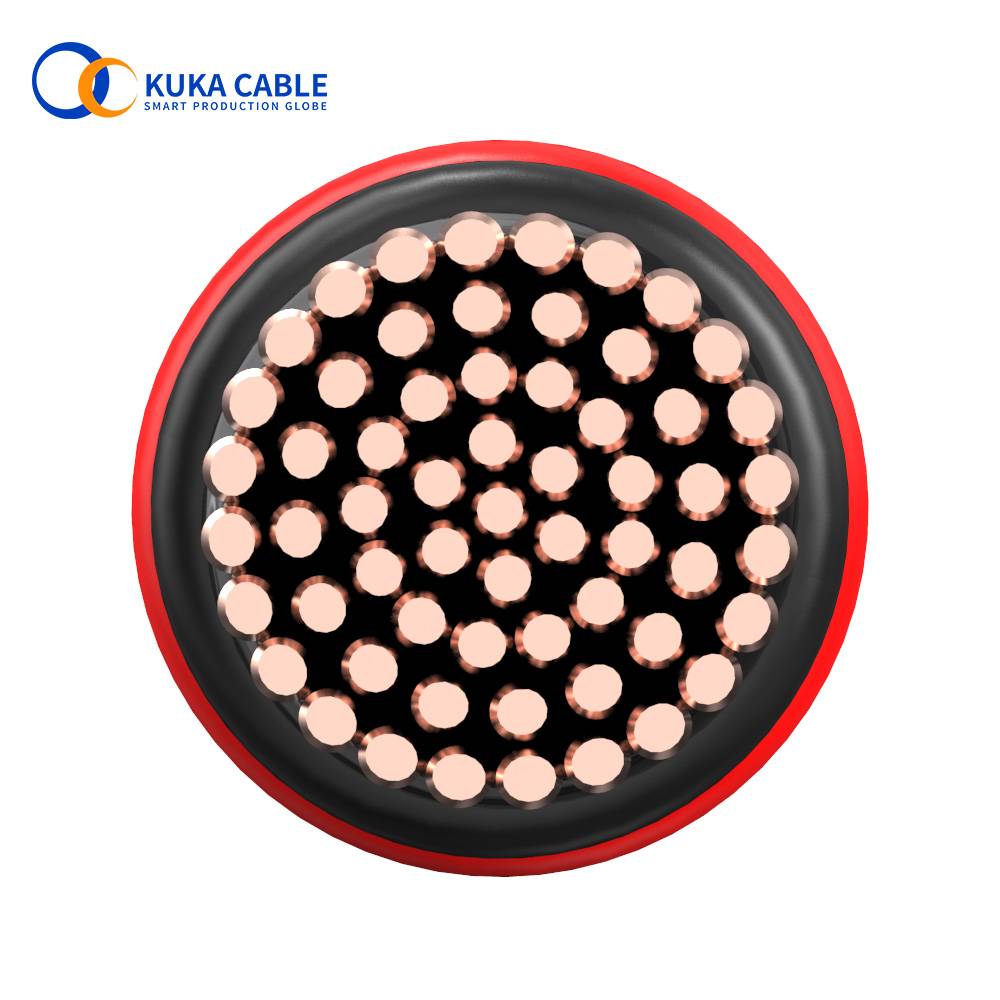To ensure the reliability and safety of solar systems, the latest technical standards have been adopted to ensure that photovoltaic cables have excellent fire resistance under fire conditions. The new BSEN 60331-1-2, a standard for testing the performance of cables under fire conditions, has been developed to ensure the safety and stability of PV cables.
This standard is based on European national specifications and places stringent requirements on the performance of PV cables in order to cope with the unpredictable risk of fire. It takes into account the importance of cables in PV systems, as these cables transmit electricity in PV power plants and therefore their reliability is crucial.
According to the BSEN 60331-1-2 standard, solar cables must demonstrate excellent resistance to fire under fire conditions to ensure that the functionality of the cables is not compromised in an emergency situation, thus reducing the potential risk of fire to the PV plant. This standard includes a series of rigorous testing requirements that include the performance of cables in high temperature, flame and smoke environments.

PV cable manufacturers must ensure that their products comply with this standard in order to meet the regulatory and safety requirements of the European market. By complying with the BSEN 60331-1-2 standard, manufacturers can provide safer and more reliable PV cables, as well as more security for the operation of PV power plants.
The continued development and expansion of PV plants requires cables with a high degree of fire resistance to ensure system reliability and safety, and the introduction of the BSEN 60331-1-2 standard provides the industry with a clear framework to meet these needs and promote the sustainable development of renewable energy.
With this standard in place, PV plant businesses can continue their commitment to providing clean energy while ensuring that their systems can operate safely in the event of an emergency, keeping people and the environment safe.





